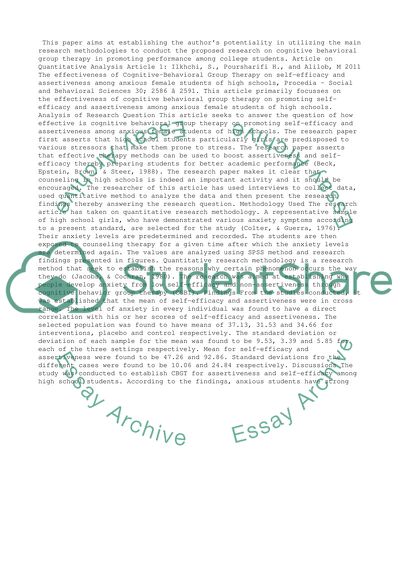Cite this document
(“Effectiveness of Cognitive Behavioral Group Therapy Quantitative Essay”, n.d.)
Effectiveness of Cognitive Behavioral Group Therapy Quantitative Essay. Retrieved from https://studentshare.org/business/1399215-research-paper
Effectiveness of Cognitive Behavioral Group Therapy Quantitative Essay. Retrieved from https://studentshare.org/business/1399215-research-paper
(Effectiveness of Cognitive Behavioral Group Therapy Quantitative Essay)
Effectiveness of Cognitive Behavioral Group Therapy Quantitative Essay. https://studentshare.org/business/1399215-research-paper.
Effectiveness of Cognitive Behavioral Group Therapy Quantitative Essay. https://studentshare.org/business/1399215-research-paper.
“Effectiveness of Cognitive Behavioral Group Therapy Quantitative Essay”, n.d. https://studentshare.org/business/1399215-research-paper.


